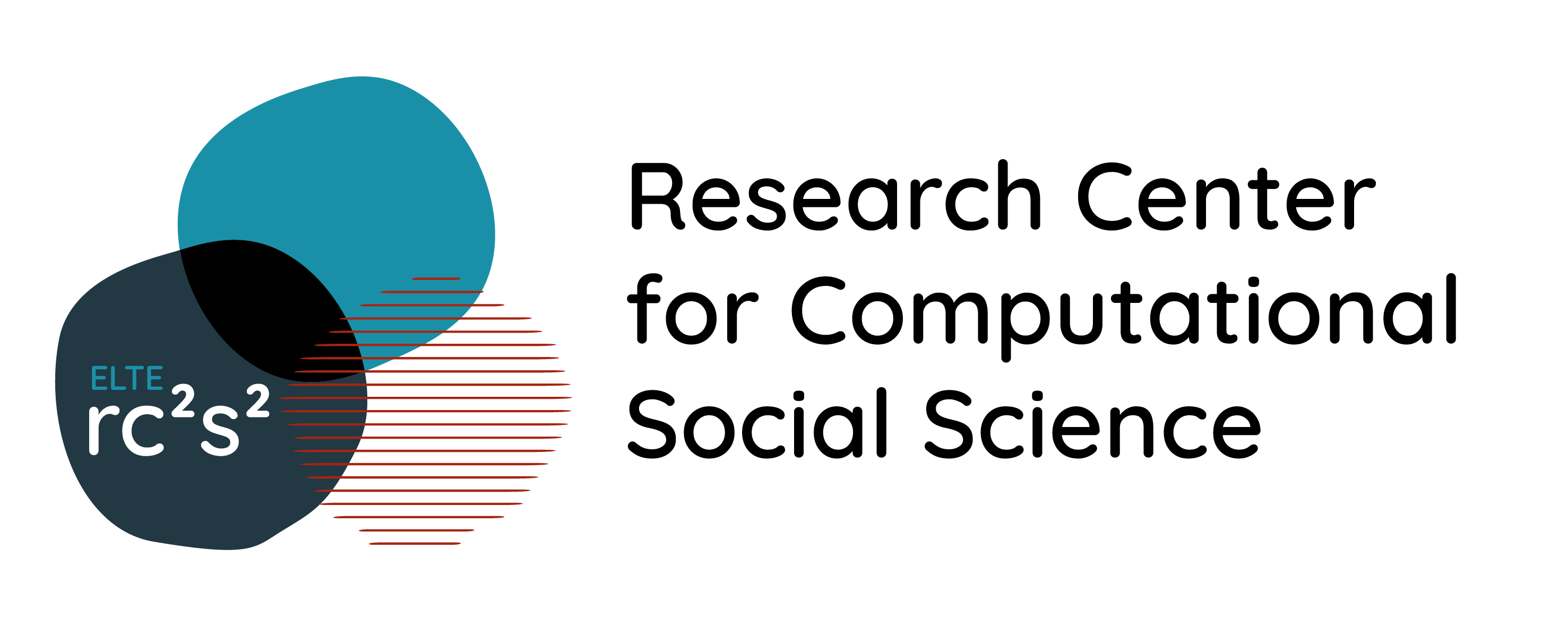This presentation is concerned with one of the seemingly most important reasons for publicly remembering and discussing past wrongdoing: conveying historical lessons that might help us to do better in our own lifetimes. “Histories of horror,” writes historian Timothy Snyder, are necessary for “better futures.” And one of the most important arenas in which Snyder’s maxim would seem to be true is the protection of constitutional rights: if we learn from gross violations of rights that occurred in the past, we can prevent new violations in the present—or so it would seem. In this presentation, I study invocations of past injustices in Canadian and US civil liberties debates. And I argue that much of what we see in them lies somewhere between remembrance and amnesia, with various political actors invoking past wrongs but doing so in ways that seem to harm at least as much as help the cause of rights protection. Two particularly problematic ways stand out in particular, which I (with my colleague Masumi Izumi) call “maxing” and “saming.” Maxing is depicting a particular injustice as the maximum example of its kind in such a way as to allow or excuse other rights violations today. Saming is depicting a particular present-day injustice as identical to some notorious and well-known historical exemplar. Maxing and saming are not instances of amnesia, but they are not useful approaches to remembrance, either.
